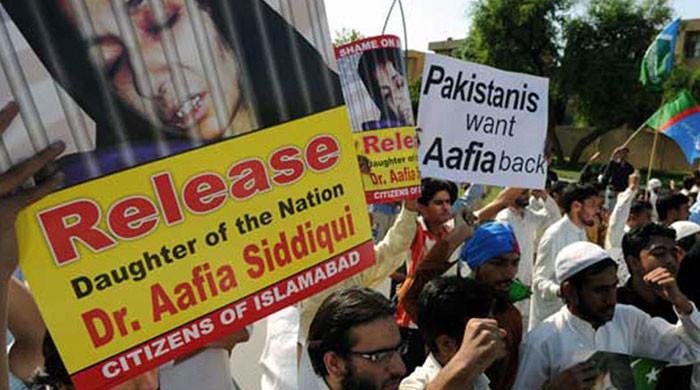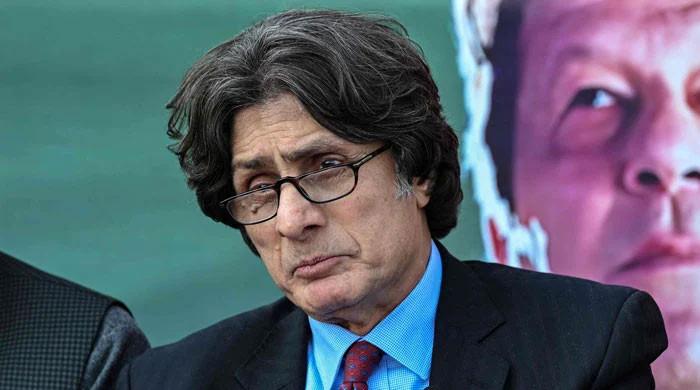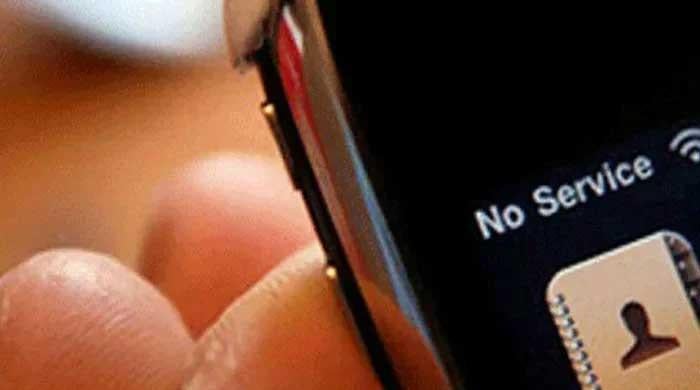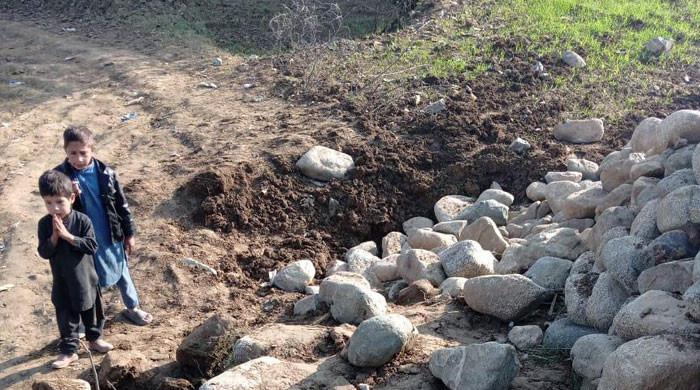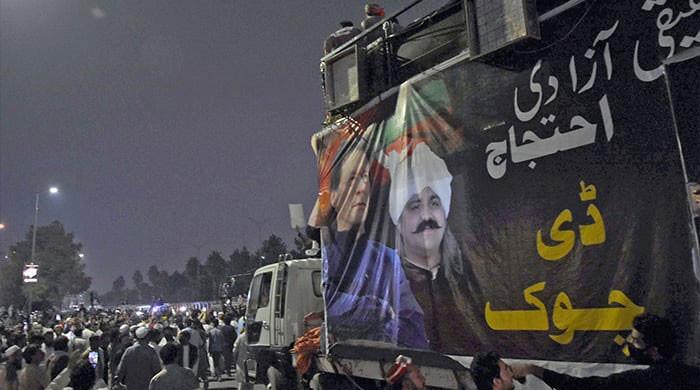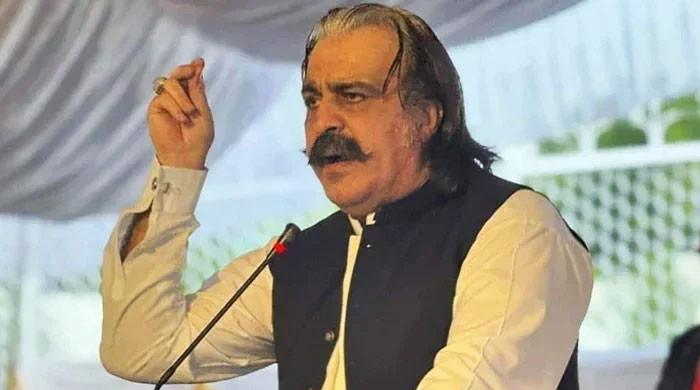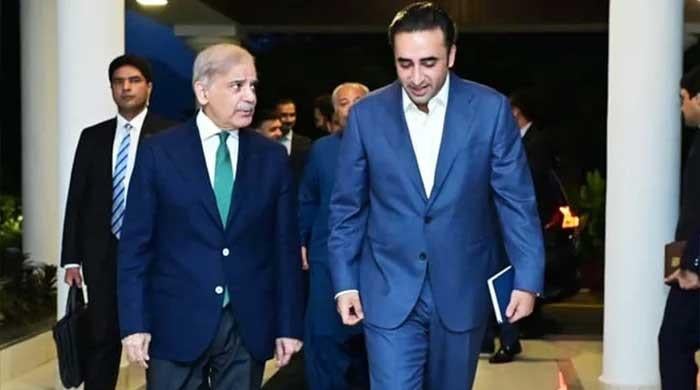Electoral reforms: Amendments to be tabled in parliament
Bill is being drafted and will be vetted by the Ministry of Law and Justice, say sources
July 21, 2023
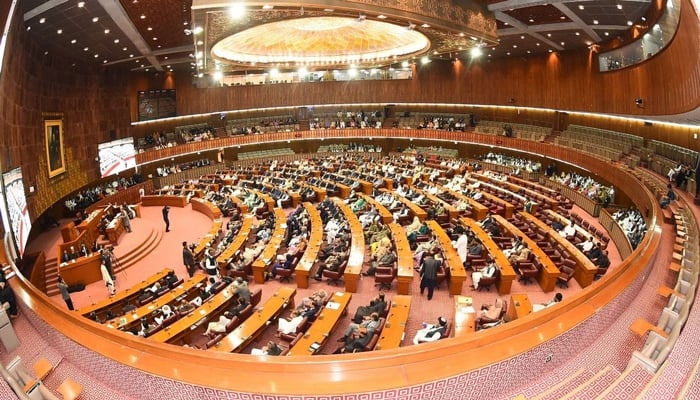
- Constituencies to be based on equal number of voters.
- Cameras to be installed at polling stations to ensure secrecy.
- Budget for NA seat campaign suggested at Rs4-10 million.
ISLAMABAD: The proposed amendments to the Election Act of 2017 have been finalised by the Parliamentary Committee on Electoral Reforms and will be presented for approval to both houses of parliament — the National Assembly and Senate — in the form of the Election Act (Amendment) Bill, The News reported Friday.
The bill is being drafted and will be vetted by the Ministry of Law and Justice, according to sources.
After that, it will be presented before the cabinet for approval before being tabled in the National Assembly.
The approved proposed amendments from the Parliamentary Committee on Electoral Reforms include the provision that constituencies should be based on an equal number of registered voters.
The delimitation process for constituencies will be completed four months before the announcement of the election schedule.
The proposal aims to maintain an equal number of registered voters in all constituencies, ensuring that the number of voters in each constituency does not exceed 5%.
Additionally, the proposed changes allow complaints against constituencies to be filed within 30 days.
The Election Commission of Pakistan (ECP) will publish polling staff details on its website, and the polling staff will not serve in their tehsils during the elections.
To ensure the secrecy of votes, cameras will be installed at the polling stations.
In case a candidate’s nomination is rejected or withdrawn, the fee will be refunded.
Candidates will have the right to object to the establishment of a polling station on valid grounds. The voting facility for overseas Pakistanis will be assigned to the ECP.
Furthermore, political parties will be required to provide the final priority list within three days of the final election results.
The proposal suggests implementing a specific time limit for presiding officers to compile the results, and they will be held accountable for any delay in the process.
Presiding officers will need to provide valid reasons for any delay in announcing election results.
Moreover, the presiding officers will be required to send a photocopy of the signed result to returning officer and will be equipped with high-speed internet and smartphones.
The proposed changes also allow polling agents to carry camera phones. Closed-circuit television (CCTV) cameras will be installed at each polling station booth to assist in poll review, counting, and compilation of results.
Recordings from these cameras can be presented as evidence in cases of complaints. Candidates will have the option to obtain videos of any polling station by paying a fee.
The meeting also discussed increasing the limit on election expenses for national and provincial candidates. The proposal suggests allowing Rs4 million to Rs10 million for the election campaign of a national assembly seat and Rs2 million to Rs4 million for a provincial seat.
To ensure accountability, the meeting proposed taking criminal action against the presiding and returning officers for negligence. Additionally, it is suggested that the punishment for election staff involved in rigging be increased from six months to three years.
Another proposal in the meeting is to decide violations of the code of conduct within seven days instead of 15.
The final list of polling staff will be uploaded on the Election Commission website, and candidates will have 10 days to challenge the appointment of polling staff in their constituency.
Moreover, the complete voter list will be displayed outside each polling station.
Security personnel will be stationed outside the polling stations, and in emergencies, they will be allowed to enter the polling station with the presiding officer’s permission.




